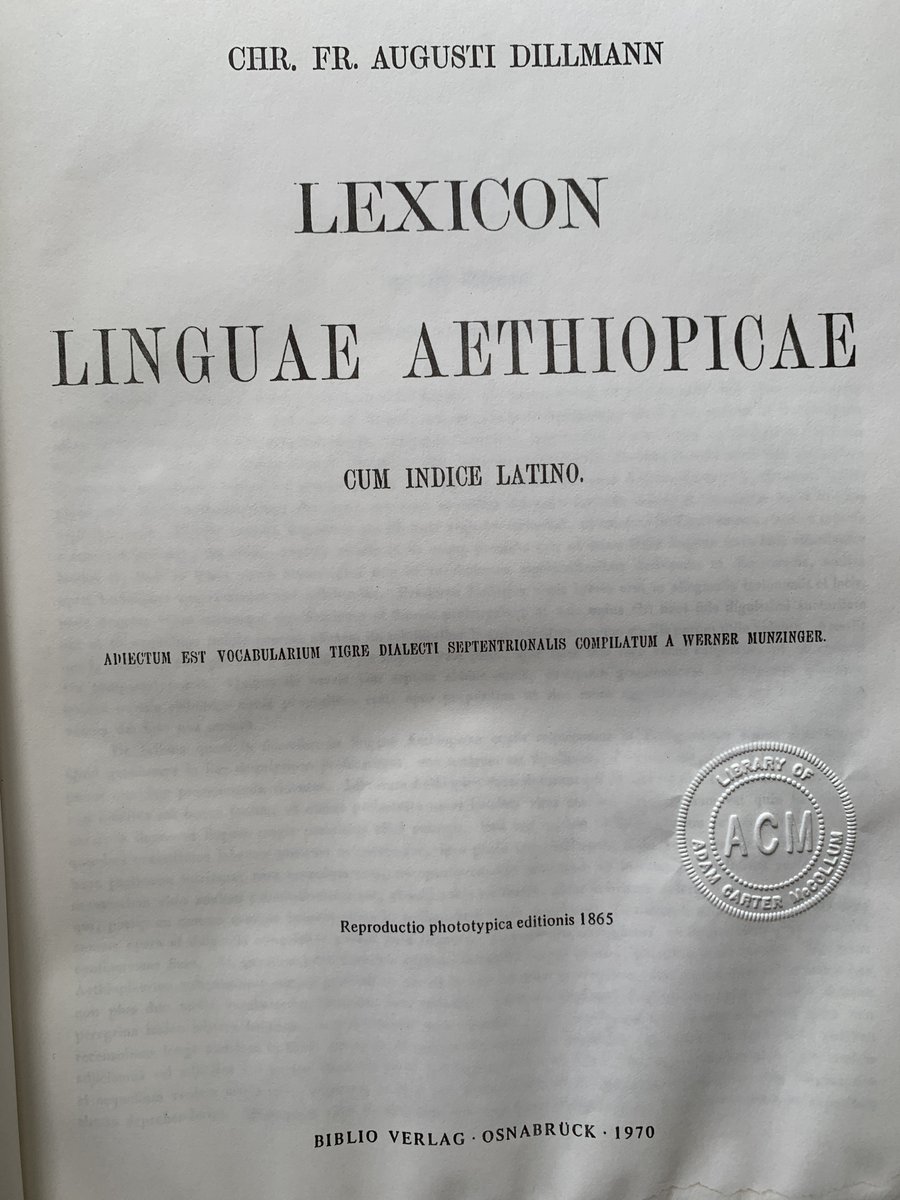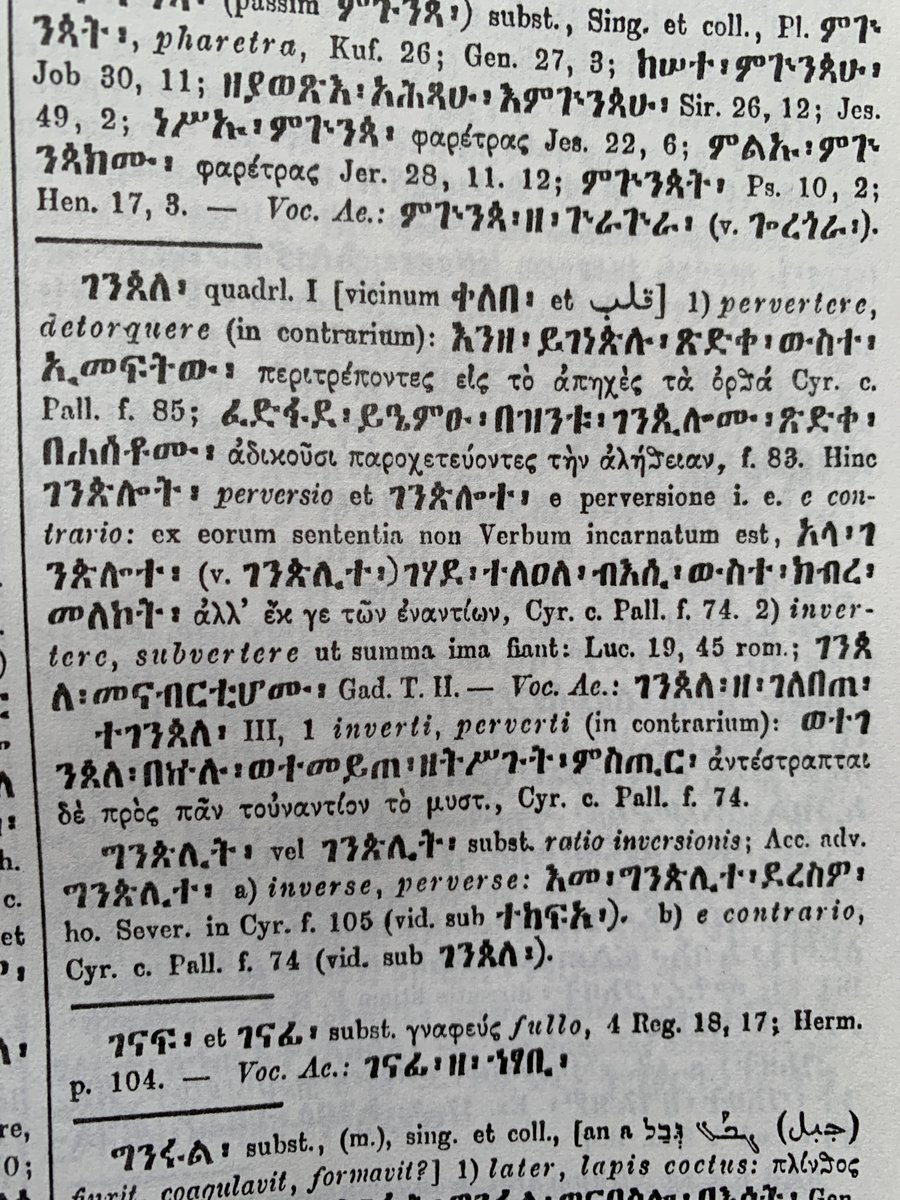
I had a great discussion w/ someone today about practical tips for studying #manuscripts
even where programs offer language instruction (not a given), there's usually ZERO practice in paleography, codicology, using catalogs, interacting with manuscript libraries, etc.
🧵
1/
even where programs offer language instruction (not a given), there's usually ZERO practice in paleography, codicology, using catalogs, interacting with manuscript libraries, etc.
🧵
1/
why is knowing a little something about working with manuscripts meaningful?
even for heavily studied languages and text corpora (like certain periods of Greek and Latin lit.), and for which there are lots of editions, manuscripts should still be attracting readers
2/
even for heavily studied languages and text corpora (like certain periods of Greek and Latin lit.), and for which there are lots of editions, manuscripts should still be attracting readers
2/
editions, even very good editions, don't replace manuscripts, especially given all of the absolutely unique qualities & features of a manuscript that may not make it into editions:
colophons, notes, special page arrangements, the way the handwriting looks, script-choice
3/
colophons, notes, special page arrangements, the way the handwriting looks, script-choice
3/
(on script choice, for example, an edition of an Arabic text written in Garšūnī may gloss over the fact by printing it in Arabic script and hardly mentioning the Syriac-script iteration of the text and how that may, or may not, influence its shape)
4/
4/
there may also be a formal and textual coherence in a manuscript's text that is absent in an edition made from multiple manuscripts and adorned with critical emendations
5/
5/
text editions are a transformation of /some/ of what manuscripts are made up of into a (hopefully) convenient, reproducible, and digestible form for readers/students/scholars, but they cannot replace manuscripts (and aren't really meant to)
6/
6/
and if this is true for highly studied and edition-rich areas of textual study, it's even more the case for languages and texts that people have studied less
7/
7/
maybe more obviously, there's a hell of a lot of stuff that has never been edited, or has been edited (or printed) poorly, and then manuscripts are the only place to go
8/
8/
how do you know about unedited texts? scouring manuscript catalogs is one way, but also other research paths, of course, e.g. as an aside in a footnote or in literary histories (although these aren't always in conversation with manuscript collections)
9/
9/
for texts in Syriac, Arabic, Gǝʕǝz, Coptic, Armenian, Georgian, and others, however many text editions there may be, there are thousands & thousands of manuscripts filled with folio after folio that few people may have ever seen
10/
10/
if we are only familiar with _______ literature from published editions, we're at the mercy of editors & publishers and we may be missing all sorts of the richness and weirdness that resides in manuscripts
11/
11/
manuscripts also remind us at every step that it's not just some nebulously old text & me the reader involved, but a lot of other people are involved: those who prepare the physical materials, scribes, previous readers, librarians, catalogers, and more
12/
12/
finally, it's not necessary to think of [language-learning] on one side and [manuscript skills] on the other: the two inform & reinforce each other, and there are plenty of appropriate places for manuscripts to have a role even in an intro language course
13/
13/
these aren't skills unlearnable by yourself, but if someone experienced is also there to help, it may be a more direct undertaking
14/
14/
maybe someday guided opportunities to learn about and practice working with manuscripts, catalogs, etc. will be more accessible & a regular part of language/text studies 🤷♂️
15/
15/
in the meantime, when you're using a text edition, reviewing vocabulary, or learning broken plurals, remember that without scribes, book-artisans, handwriting, parchment, paper, ink, etc., we know almost nothing about ancient languages
16/end
16/end
• • •
Missing some Tweet in this thread? You can try to
force a refresh





